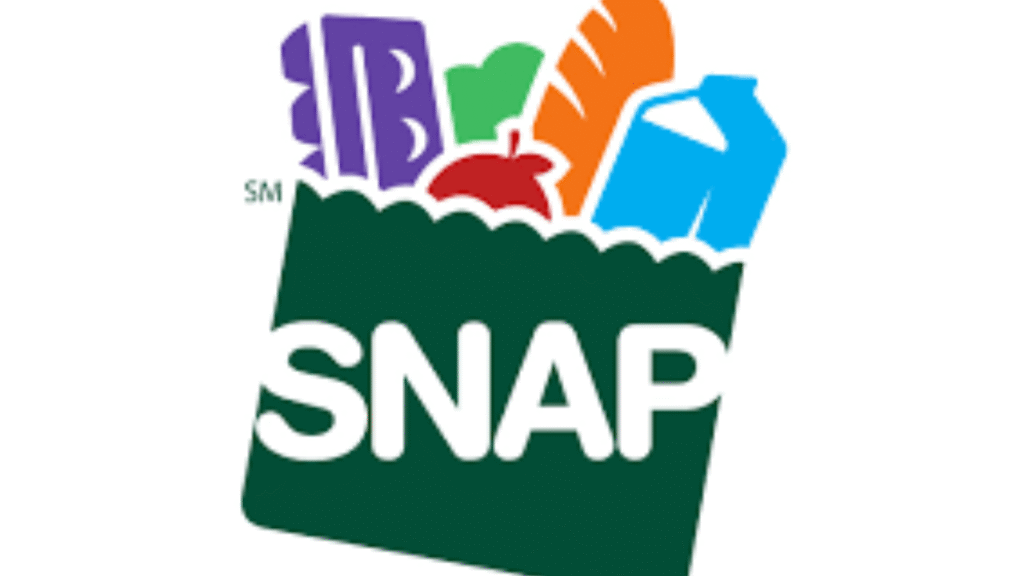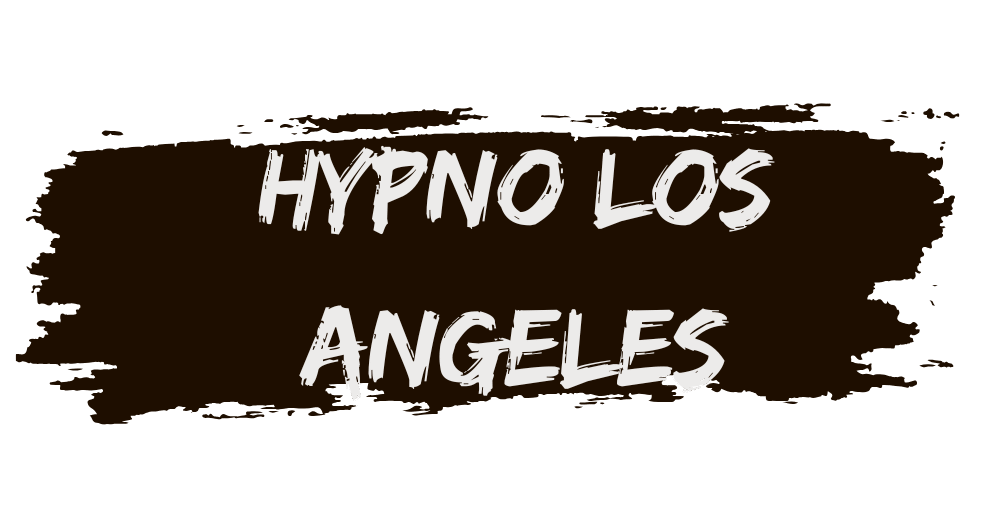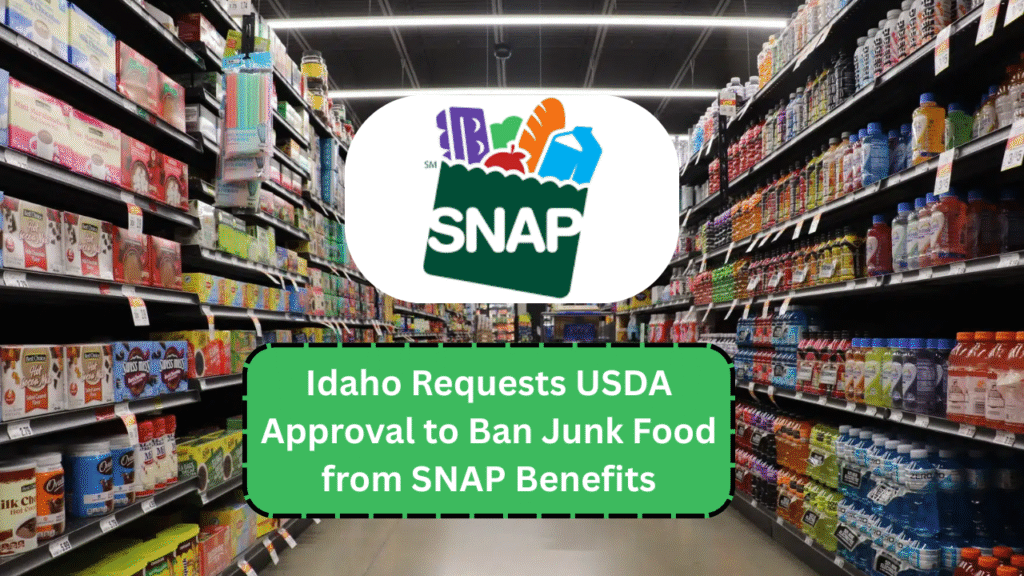In a move that could reshape how food assistance is administered across the U.S., the Idaho Department of Health and Welfare has officially requested a federal waiver to exclude soda, energy drinks, and candy from SNAP benefits. The bold proposal aims to encourage healthier dietary choices for families relying on the Supplemental Nutrition Assistance Program (SNAP) but it has sparked a national debate.
House Bill 109: The Law Behind the Move
The push began earlier this year when Governor Brad Little signed House Bill 109 into law in April 2025. The legislation bans the use of SNAP benefits formerly known as food stamps—for purchasing “junk foods” like sugary beverages and candy bars. While this law reflects Idaho’s stance on public health, it still needs approval from the U.S. Department of Agriculture (USDA) to go into effect.
On May 16, 2025, the Idaho Department of Health and Welfare submitted a formal request for a waiver from the USDA, seeking permission to enforce the state-level ban on junk food purchases under SNAP.
What’s Being Proposed?
If the USDA grants the waiver, SNAP users in Idaho would no longer be able to purchase:
- Soda and sugary beverages
- Energy drinks
- Candy and chocolate bars
This would align SNAP purchases more closely with USDA dietary guidelines, which already promote fruits, vegetables, and whole grains over processed or sugary foods.
For program details, visit the Idaho Department of Health and Welfare and the USDA SNAP Homepage.
Why Idaho Is Doing This
Idaho’s move is part of a broader public health initiative to combat rising rates of chronic diseases linked to poor diet such as obesity, diabetes, and heart disease. The bill also aligns with the “Make America Healthy Again” (MAHA) movement, endorsed by U.S. Health and Human Services Secretary Robert F. Kennedy Jr. and Agriculture Secretary Brooke Rollins.
Governor Brad Little defended the decision, stating:
Supporters argue that public assistance programs should promote long-term well-being rather than enabling poor dietary habits.

Support and Endorsements
Health advocates and several conservative organizations have backed the measure, noting that similar restrictions already exist for other programs like WIC (Women, Infants, and Children), where nutritional standards are strictly enforced.
The MAHA movement, gaining momentum across states, emphasizes the importance of aligning government-funded benefits with public health goals. Idaho is now positioned as a possible frontrunner in the SNAP reform movement, if the USDA approves the waiver.
Opposition and Criticism
However, the proposal is not without controversy.
Opponents say the measure could:
- Stigmatize low-income families, implying they can’t make responsible choices
- Complicate the SNAP system, potentially leading some retailers to opt out
- Overreach into personal freedom, dictating what adults can buy with their benefits
Idaho House Minority Leader Ilana Rubel warned that the bill’s language could have unintended consequences, such as banning protein bars, granola, or other snack items that don’t clearly fall into “healthy” or “junk” categories.
She also noted that the increased burden of enforcing these rules could discourage smaller grocers and convenience stores from accepting SNAP benefits at all.
National Implications
Idaho is not alone in considering such changes. Arkansas and Indiana have introduced similar legislative proposals to restrict the use of SNAP for purchasing sugary snacks and beverages. On a federal level, the proposed “Healthy SNAP Act” aims to standardize these restrictions across all states.
If Idaho’s request is approved, it could set a precedent for other states to follow, potentially prompting a wave of reform in how $120 billion in annual SNAP benefits are spent nationwide.
What’s Next?
The ball now lies in the USDA’s court. The agency must decide whether to grant Idaho a waiver, which would make it the first state to implement such a restriction statewide.
In the meantime, the debate continues—balancing the autonomy of low-income families with the responsibility of taxpayer-funded programs to promote health.
Conclusion
Whether you support or oppose the move, one thing is clear: Idaho has ignited a national conversation. As public health concerns rise and food insecurity continues to impact millions, the state’s bold approach to reshaping SNAP could lead to major changes in how the U.S. delivers nutritional assistance.


